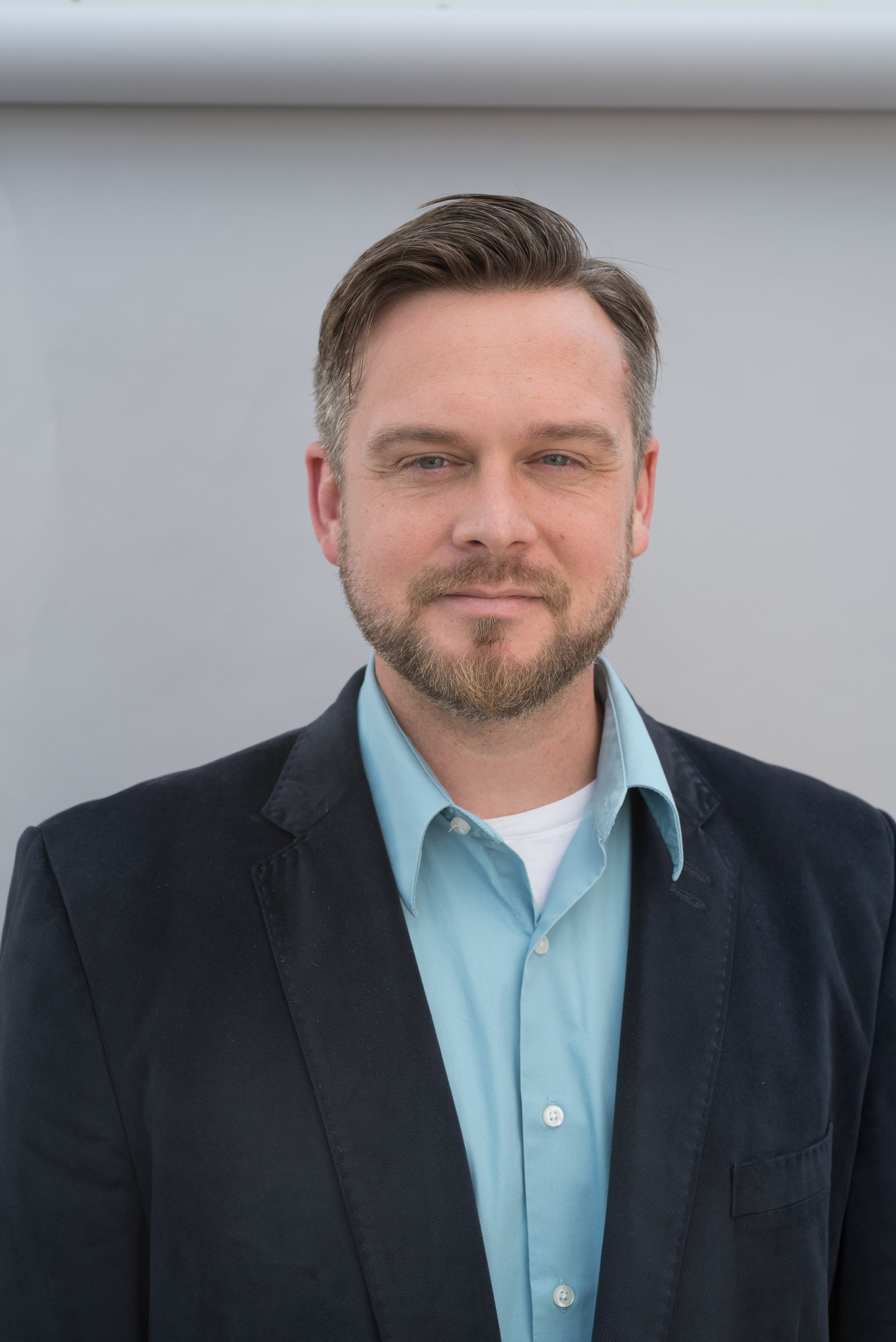By Daniel Tutt
FILMS TO HEAL THE WORLD
Sociologist Robert Putnam’s latest book, American Grace (2010),should be required reading for all Americans in the interfaith movement. As an interfaith activist I resonated with his finding that breaking down fear and prejudice towards ‘the other’ is best facilitated by promoting personal connections and relations across faiths.
How do you build personal connections and cross-faith relations in the face of Islamaphobia, hate groups, and a plague of misinformation? 20,000 Dialogues offers a successful model for bringing diverse groups together at the grassroots level and engendering healthy, friendly new relationships.
A 20,000 Dialogues group in discussion.
The project is a bookclub using eight award-winning documentary films produced by Unity Productions Foundation, a film-making and media group dedicated to telling humanizing stories about American Muslims. 20,000 Dialogues utilizes a format of community-building conversations about Islam that reaches beyond the already initiated, interfaith-friendly folk to include communities that historically have struggled with understanding Islam:evangelical Christians, policymakers, and Jewish groups.
Anyone willing to host a dialogue, registers, receives instructions, a DVD and study guide, and sets up a film-watching event. Beta-tested in 2007, the project is based on creating 20,000 “ripple events” bringing small groups together over film and dialogue in congregations, schools, and other venues nationwide. At this writing there are have 18,566 dialogues.
These ripple events have created partners among thousands of groups, including Evangelical churches, synagogues, and a host of policy groups. At a macro level, the collective number of people reached in this model represents more than 150,000.
Evaluations have measured and adjusted the dialogue model since its founding. More than 80 percent of participants have rated the 20,000 Dialogues experience as excellent or very good. They report that the post-film dialogue did in fact promote interfaith understanding and respect.
Film is a tool that enables an entry point for participants who wouldn’t otherwise care about ‘interfaith dialogue’ or peace and justice issues. Everyone loves to go to the movies. After seeing a movie, we have an immediate safe space among friends, and their shared experience becomes a source of reflection, debate, and conversation. The common goal of building greater understanding through examining, sharing, and listening to one’s own and the group’s stereotypes depends upon nurturing the safe space and being clear about the goals of the dialogue. Without this, dialogue can turn to debate and digress into power imbalances between the participants. Our host facilitators are offered training to maintain the civility.
Because Muslims and Islam are so strongly misunderstood, facilitators encourage those from other faith and non-faith traditions to mutually share feelings of stereotypes in their own experience. From the common experience of addressing the stereotypes of Muslims and Islam, participants get to examine their own stereotypes and the stereotyping where they have been victimized. Many of the dialogue groups discover that challenging stereotypes from the vantage point and experience of one religion opens the door to challenging stereotypes of other traditions.
20,000 Dialogues thus serves as a springboard for developing more and deeper relationships among all the participants. The 20th century civil rights sage Rabbi Joshua Heschel says, in No Religion is an Island, “The purpose of interreligious dialogue is to cooperate in trying to bring about a resurrection of sensitivity, a revival of conscience; to keep alive the divine sparks in our souls, to nurture openness to the spirit of the Psalms, reverence for the words of the prophets, and faithfulness to the Living God.”
To learn more about 20,000 Dialogues and start a dialogue yourself, visit our website, register, and select your film, which is free, and download the other resources that will help you get started.


